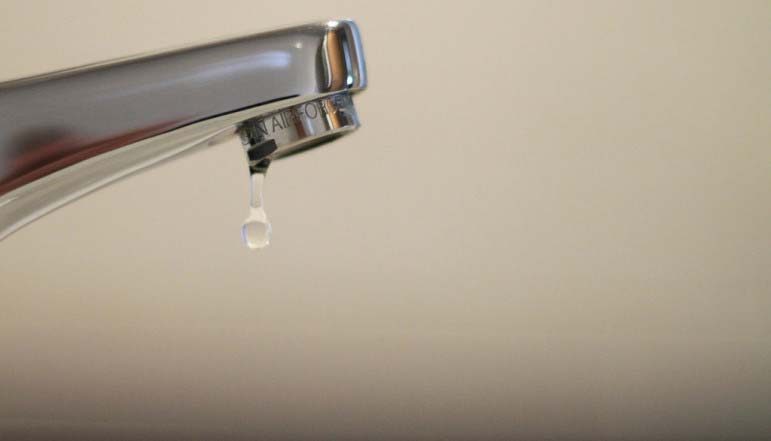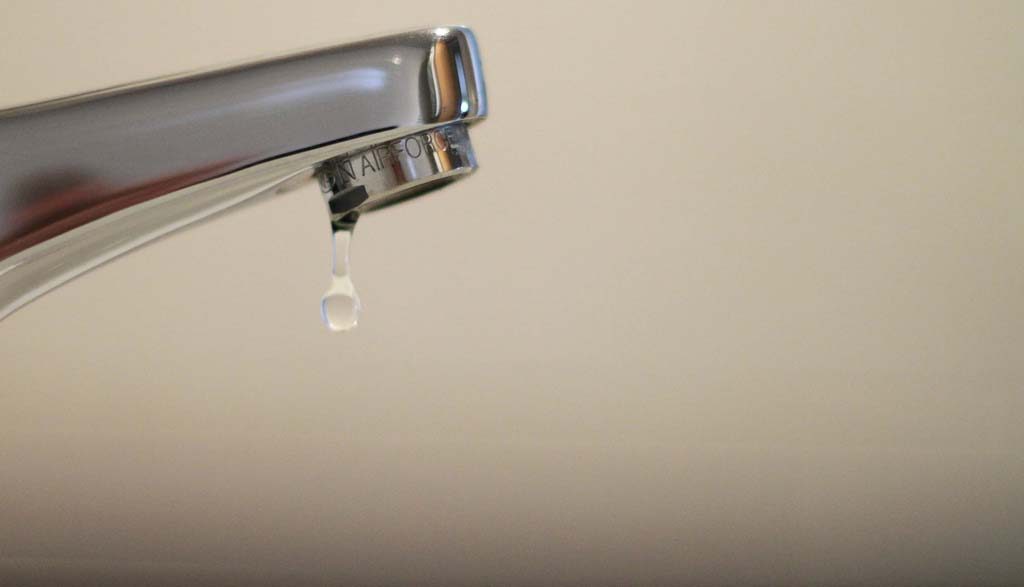
A new study has produced more evidence that Qatar’s tap water is safe to drink in many homes, contrary to public perceptions that it becomes contaminated while sitting in residential storage tanks or flowing through a building’s pipes.
The preliminary results, released yesterday, are based on unfiltered tap water samples taken from more than 100 villas, high-rise flats and portacabins across the country by the Qatar Environment and Energy Research Institute (QEERI), which is part of Qatar Foundation.
“The results show it to be very safe,” public health researcher Candace Rowell told Doha News. “The perception is very contradictory to the actual risk.”
The findings from Rowell and her colleagues reinforce the conclusions of previous studies by the Supreme Council of Health, the Qatar Science and Technology Park and local utility provider Kahramaa.
Despite a growing body of research, many residents here continue to eschew tap water in favor of bottled water. Some also install filters on their kitchen faucets and shower heads, amid perceptions that rusting pipes and unhygienic storage tanks can cause ill health effects.
While there appears to be relative confidence in the quality of the water that is desalinated and piped to homes by Kahramaa, many tenants are suspicious of how well their landlords maintain and clean their water tanks, as well as the materials used to pipe it into their individual homes.
Results
Those suspicions were something that QEERI researchers “wanted to clear up,” said Rowell, who said she has consumed local tap water without ill effect since moving to Qatar roughly two and a half years ago.

Samples were analyzed for chemical contaminants such as arsenic and chromium.
While the full results will be published in a scientific journal at a later date, Rowell said the conclusions were “very positive” and that she was surprised how far the local samples fell below maximum thresholds set out the World Health Organization.
“We didn’t see leachate from the piping or the (storage) containers – even in the hot months,” Rowell said.
“They are holding up to the conditions … without putting their own materials in the water.”
Bottled water
The QEERI study also sampled bottled water purchased from markets across Qatar. Again, contaminant levels were well within acceptable ranges.
However, some imported water was found to have higher levels of naturally occurring contaminants such as arsenic than tap water or locally bottled water.

Researcher suspect this is likely because such elements are present in rocks or sediments and can leach into freshwater sources.
Along with publishing their full findings, researchers are planning to investigate what is influencing perceptions of local water quality, and how to effectively communicate the general safety of tap water.
QEERI researchers said their interviews found that only about 30 percent of respondents regularly drink tap water.
Their inquiry comes as Kahramaa reviews the results of an online survey it conducted earlier this month that asked local residents about their sources of drinking water, as well as if they trust Kahramaa’s water quality.
Thoughts?







